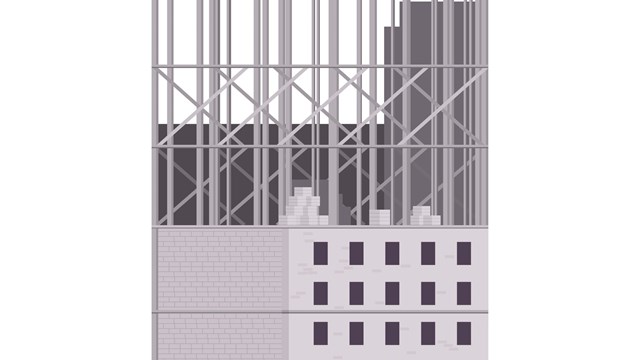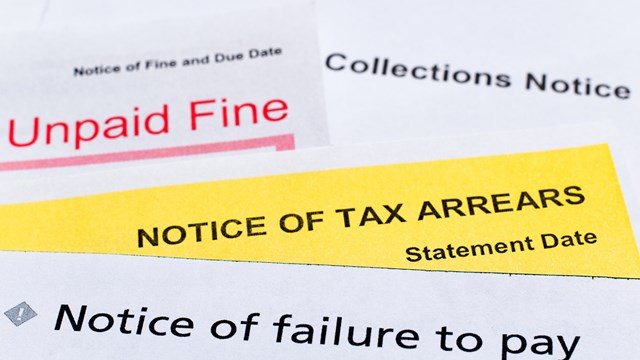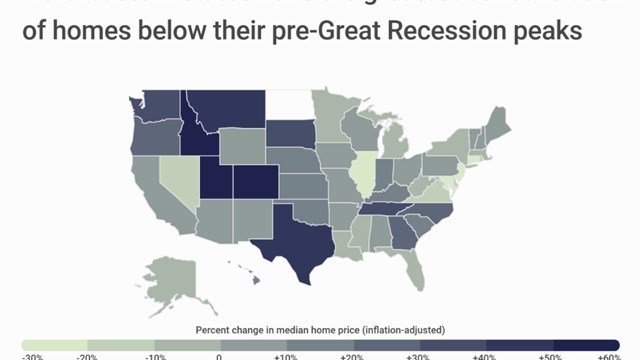Q I am the property manager for a medium sized condo association. There is an
owner who is several months behind on their assessment. We have followed the
standard protocol of the association of sending out notices and it is reached
the point where we should have to put them in collection. The owner lost her
job a couple months ago and is in a tight financial situation anyway, so we
have tried to remain sensitive to the situation but the delinquent payments
keep accumulating. What should we do next? Do we place a lien on the property?
Is there anything in New Jersey law that specifies a course of action for such
situations?
—Dealing with Late Payers
A “Although oftentimes boards and managers are sensitive to the financial
circumstances of other community members, it is essential that the association
act to secure its lien priority position once an owner is several months
behind,” says Angela Morisco, an attorney at the law firm of Becker & Poliakoff in Morristown. “An owner who is behind in payments to the association may also be behind in
paying the mortgage. As such, it is important to record a lien. A title search
is ordered in conjunction with preparation of the lien so that association
counsel can determine whether a lis pendens is already recorded and whether a
mortgage foreclosure has already commenced.
“The lien secures the association’s position in the event of a bankruptcy and also secures the Association’s right to receive the statutory six month lien priority in the event of a
mortgage foreclosure. In New Jersey, to receive the priority, the lien must be
recorded prior to the recording of a lis pendens in a mortgage foreclosure or
prior to the association being served with the foreclosure complaint. Once
recorded, the lender and the owner are served with notice . At this point,
oftentimes, the lenders will afford the owner a time frame to make payment.
Absent payment, the lenders may pay the association the six-month lien
priority.
“The lien is probably the least threatening of legal collection tactics at this
early stage. A more aggressive tactic includes commencement of a civil in the
Special Civil Part of the Superior Court to obtain a judgment against the
owner. This is generally step two of legal action. If the judgment is obtained
and docketed with the Superior Court in Trenton, it too acts as a lien against
the unit as well as all other real property in the State of New Jersey owned by
delinquent individual. These tactics aid to insure the association’s interest are protected.”







Leave a Comment